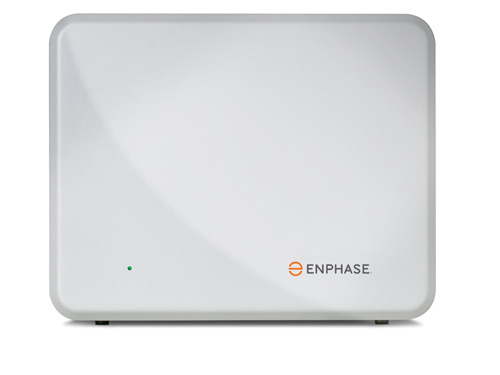Energy Storage Systems
Energy storage systems are now a reality, and homes like yours are where the battery storage revolution begins. In the coming years, we will see a fundamental shift in the way people meet their energy requirements and how utility providers integrate with storage systems, as seen with the newly introduced DEBS scheme. Homeowners can benefit from energy storage in a variety of ways already; so there’s no reason to delay joining in.

Optimising Solar Power
Excess solar energy produced during the day by default will be sold back to the retailer for a fraction of what you would pay to purchase energy. Now, energy storage systems will enable homeowners to store their excess energy and use it at peak times, like late afternoon, when energy is at its most expensive. This increases self-consumption of solar energy and improves the return you see from a solar power system, saving you money and reducing how much you need to rely on the greater power grid.
Backup Power
Energy storage systems can be configured to provide backup power in the event of a power outage. Homeowners can choose to run their entire home, or configure it so that only essential circuits - like lights, fridges, security, fire alarms, internet or medical equipment stay on. This is perfect for people in remote or unreliable power areas or for those who can’t risk losing power.
Types of Energy Storage Systems
Storage systems for the home can fall into three main categories, DC Coupled, AC Coupled and Hybrid. Retrofitting is possible, however, those purchasing new systems are encouraged to purchase a Hybrid inverter, for direct battery connection either now or in the future as Hybrid inverters are designed with batteries in mind and are the easiest option when it comes to retrofitting them into a solar PV system. Each option has it’s benefits and drawbacks, so it’s worthwhile taking the time to consult with an expert to determine which is right for you.
Make a solar battery enquiry in the form below



